At the end of March, a group of delegates from various African universities came to Leiden to discuss topics such as equitable exchange in Leiden-African education and research. On a beautiful sunny afternoon, the core team of academic partners from Leiden, Kenya, Ghana, and Nigeria reflected on their week together exploring equitable exchange, and needed innovation in education.
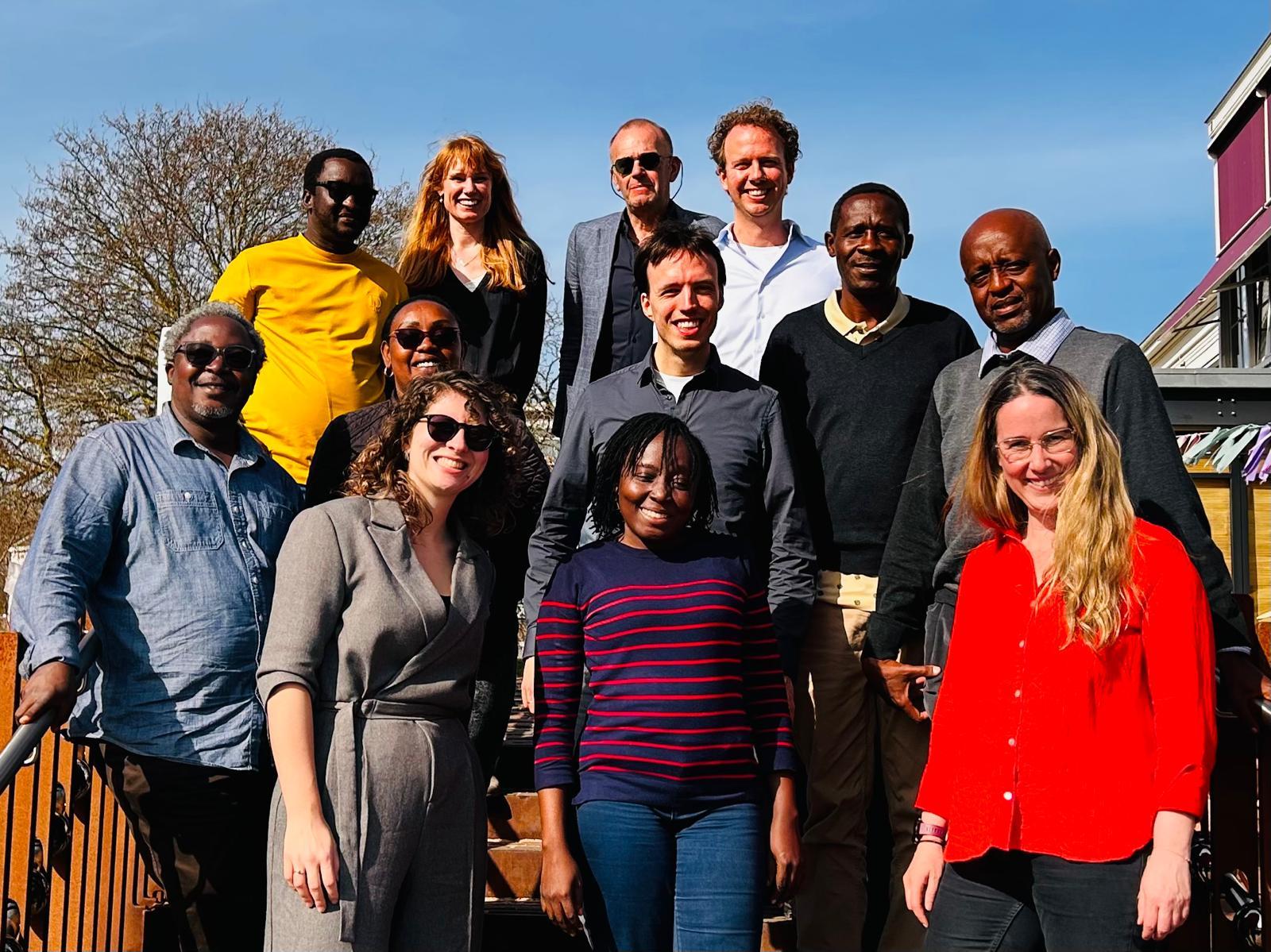
What should we teach our students in higher education (worldwide) about global challenges? What are the main focus areas?
“Climate change.” “You took mine! I’m the ecologist.” Everyone laughs and agrees on climate change. But it’s clear in discussion that what climate change means to people differs. To one it means food insecurity, to another it is flooding. It’s about temperature to someone else, and conflict to yet another. There’s many themes or topics.
Perhaps there is a new Big Five. Rhino’s, elephants, lions, leopards, and buffalo’s (the traditional big five of wild animals of the savannah) become Climate Change, Poverty, Natural Resource Management and Conflict, Pollution, and Governance. What about Inequality? The Big 6 then.
Regardless of the theme or challenge type, students have to learn: Understanding, Mitigation, Adaptation, Resilience and Leadership. And Interconnectedness (of these challenges). This is another Big 6.
For many of our students across the continent it is hard to localize these challenges. They see them as acts of God or consequences of bad governance. How do you get them into the realm of individual, personal accountability?
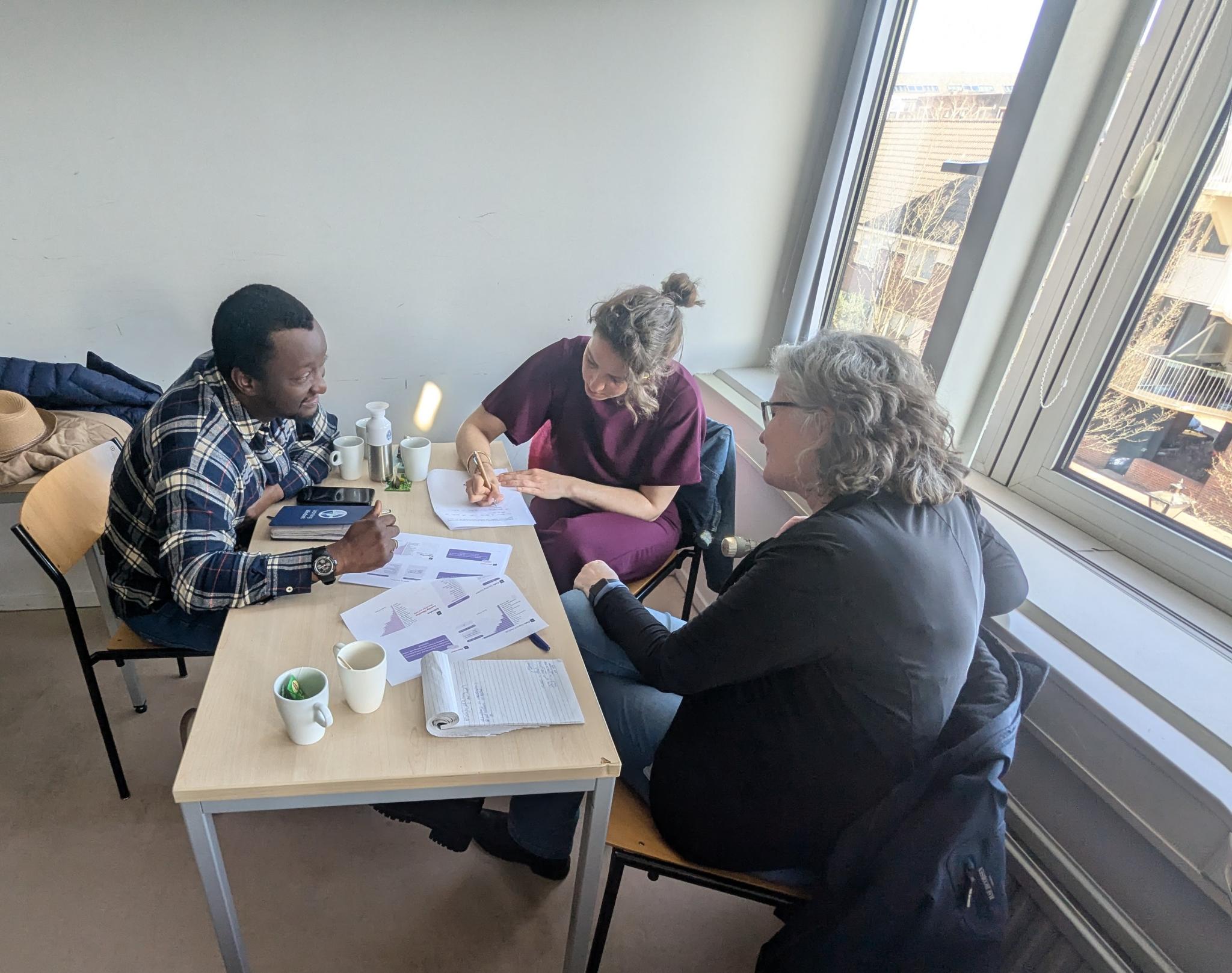
How do we make them aware of the concept of wicked problems? What do you think are the best methods to use for teaching this?
The key is to have students confront the challenge and really see it. You can do this through storytelling of lived experiences and having them visit places and spaces where these challenges manifest. It is important to have them see many perspectives, hear stories and witness circumstances from different angles.
When asked if students who live close to these issues, who perhaps are studying under conflict or with hunger, should be confronted with these subjects more delicately or perhaps more positively (focusing on progress for instance), there was a unanimous “No! You must hit the nail on the head…We should not sugar coat where we are.” Of course, we should be careful and not make things too scary. We should not invoke horror and we should encourage students to think of opportunities for change. But we don’t have to shield our students from the reality.
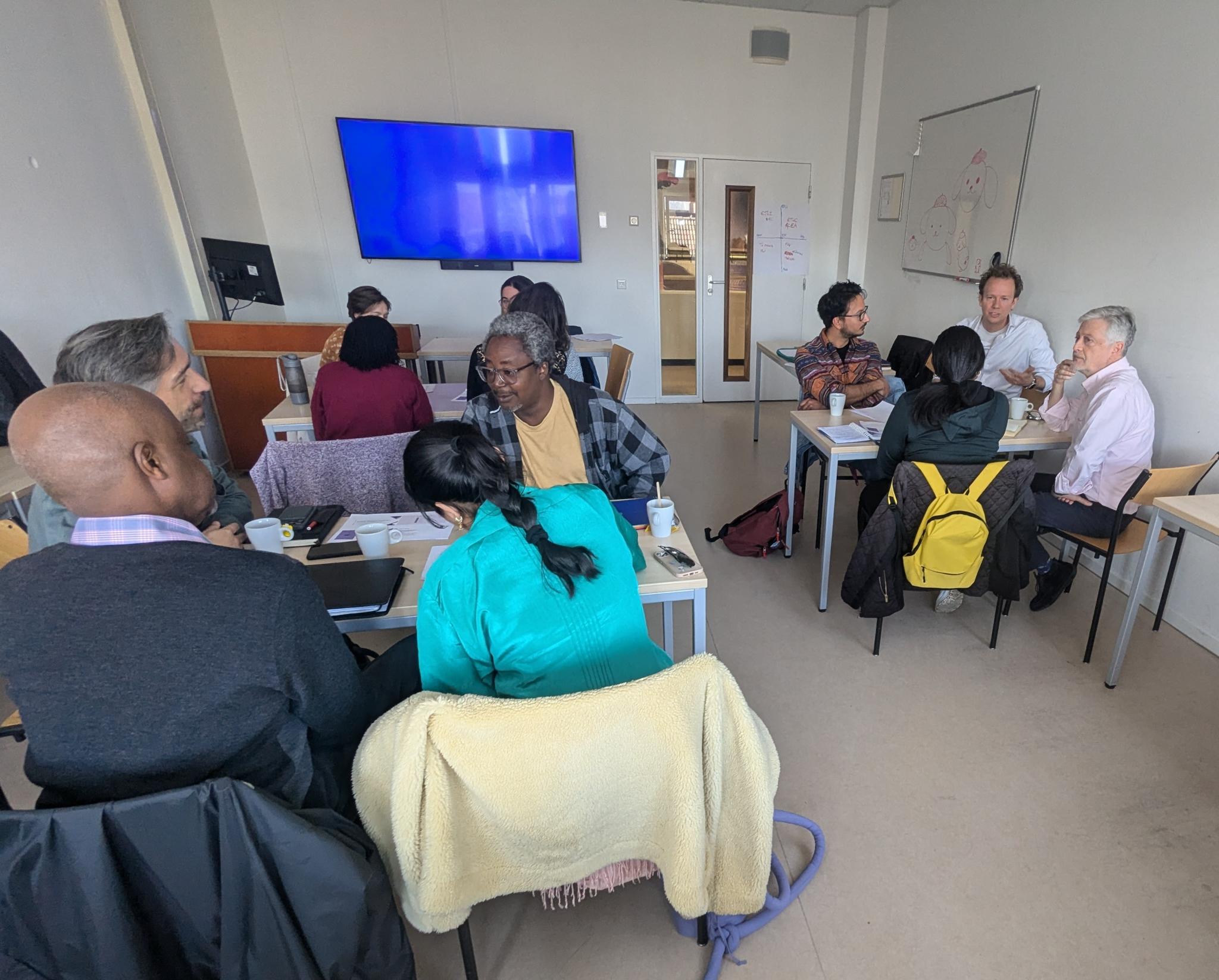
Are there differences about teaching wicked problems in Europe and Africa?
In Africa our education is oriented to careers, getting a job. Here we feel, at least at Leiden, there is more interest in learning for self-development. Obviously since the Learning Mindset project started out here in the Netherlands, among these students, there is still much work to be done for developing this value of education, but for our students, they are depending on their degrees for getting them jobs and they often find themselves in studies they don’t want to be pursuing. The programs with high career prospects, like medicine, are highly competitive and prohibitively costly for many students. So they find themselves in History or Education or Urban Planning, and they don’t quite know what to do with it. It is difficult to stimulate them.
And with regards to wicked problems, there is the challenge of it feeling normal to them. They have lived through floods, it’s cyclical, it’s seasonal, and doesn’t really feel urgent. When you are in the center of the problems it is sometimes difficult to see them as such. “Half my history class wants to be a medical professional, not someone who uses history to solve corruption.”
A third difference are the resources we have to work with in our teaching. Pharmacy students might do their entire studies without actually being able to see, let alone use, modern pill-making machines. And our digital capabilities are limited by power cuts and the costs of connectivity.
But in some important ways the African educators are rich in pedagogical resources for wicked problems. Jedidah’s students walk out of the classroom and into one of the world’s richest biodiversity hotspots. And Abigail, in Accra, can assign her 800 students to go out and talk to people about their issues. And people are willing to talk to the students, they give their time and their stories generously. Caroline and David, on the other hand, stress to organize such engagement and interactions for even classes of 20. Students don’t find it easy to get the public to participate in their learning. In Africa, the spirit of collective action, and the reality of inter-dependency offer immense resources for learning about the realities of societal challenges together.
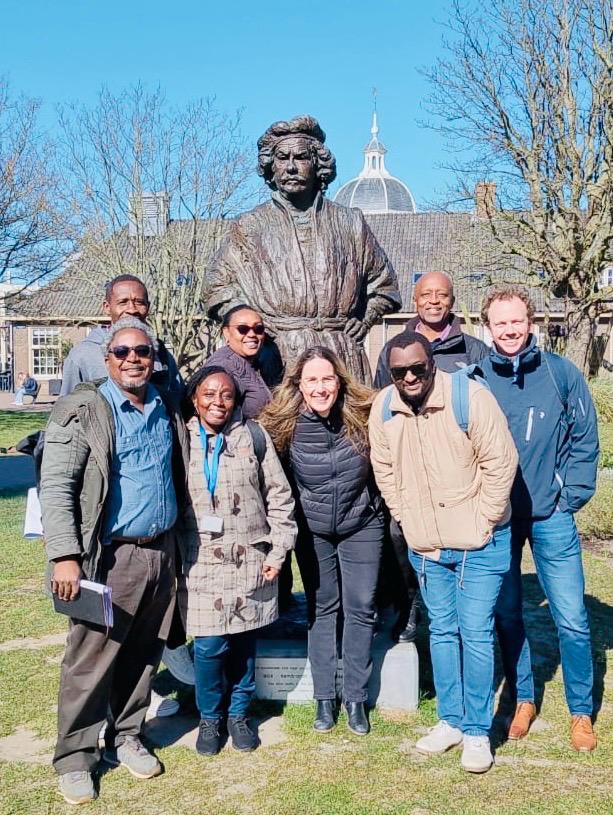
What are the big shifts to be expected in higher education related to megatrends such as climate change and other wicked problems?
There appears to be a major awakening across everyone’s institutions not only to the global challenges that we face today but to the role of higher education in tackling these complex and wicked challenges. We are seeing more liberty being given to academics. Many universities are reviewing their curriculum and are ready to transition from conventional teacher-led pedagogies to more student-centered and experiential approaches. Kenya, for example, is on the brink of rolling out a competency-based learning model throughout all of higher education. We are on the lookout for new approaches and have to build our teaching capacity to do things differently. For example, this week we have explored the power of game-based learning. We see so much potential for improving our education in this way and we see that this is the moment to try. But we need partnerships. We need to learn how to do this with others who have some experience in doing it in their environments.
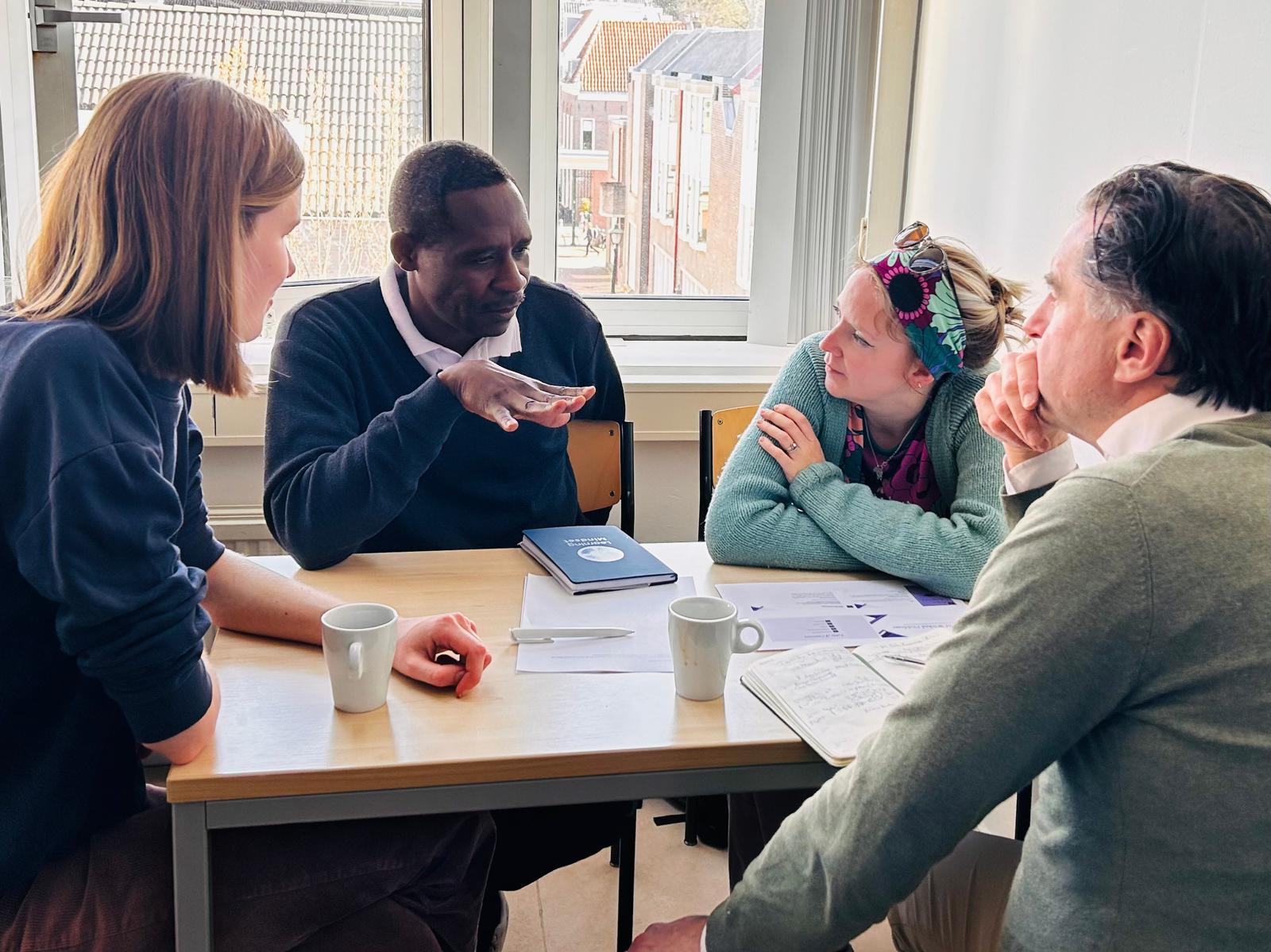
What are prerequisites for collaborating on an equal level between universities from Europe and Africa?
Intentionality. It was so effective to take the time to actually talk about this question and to practice doing it in a playful way. On the first day we played the Big Partnership Prize, designed by Caroline and David and part of a game series and method called Ethics of Engagement. In teams we gave our best shot at developing the best partnership agreement to design, implement and evaluate an international course on Wicked Problems. We then thought of worst-case scenarios (things that could go wrong) and fired them at other teams agreements to see if they prepared for such problems. Coming out of 2 hours of play you feel ready, empowered, to build equitable partnerships. Of course, the challenges of aligning systems, comparable competencies, and simply timing are still there. But you have already done so much by talking and anticipating the challenges. You need to keep talking and reflecting throughout the life of the project. This was an important take away. Build the space and time for taking the partnership seriously. It also helps to really like your partners, take time to get to know each other, and find ways to spend time together.”
Everyone around the table feels grateful for the opportunity to do just that in this week. And feel all the stronger as partners for it.
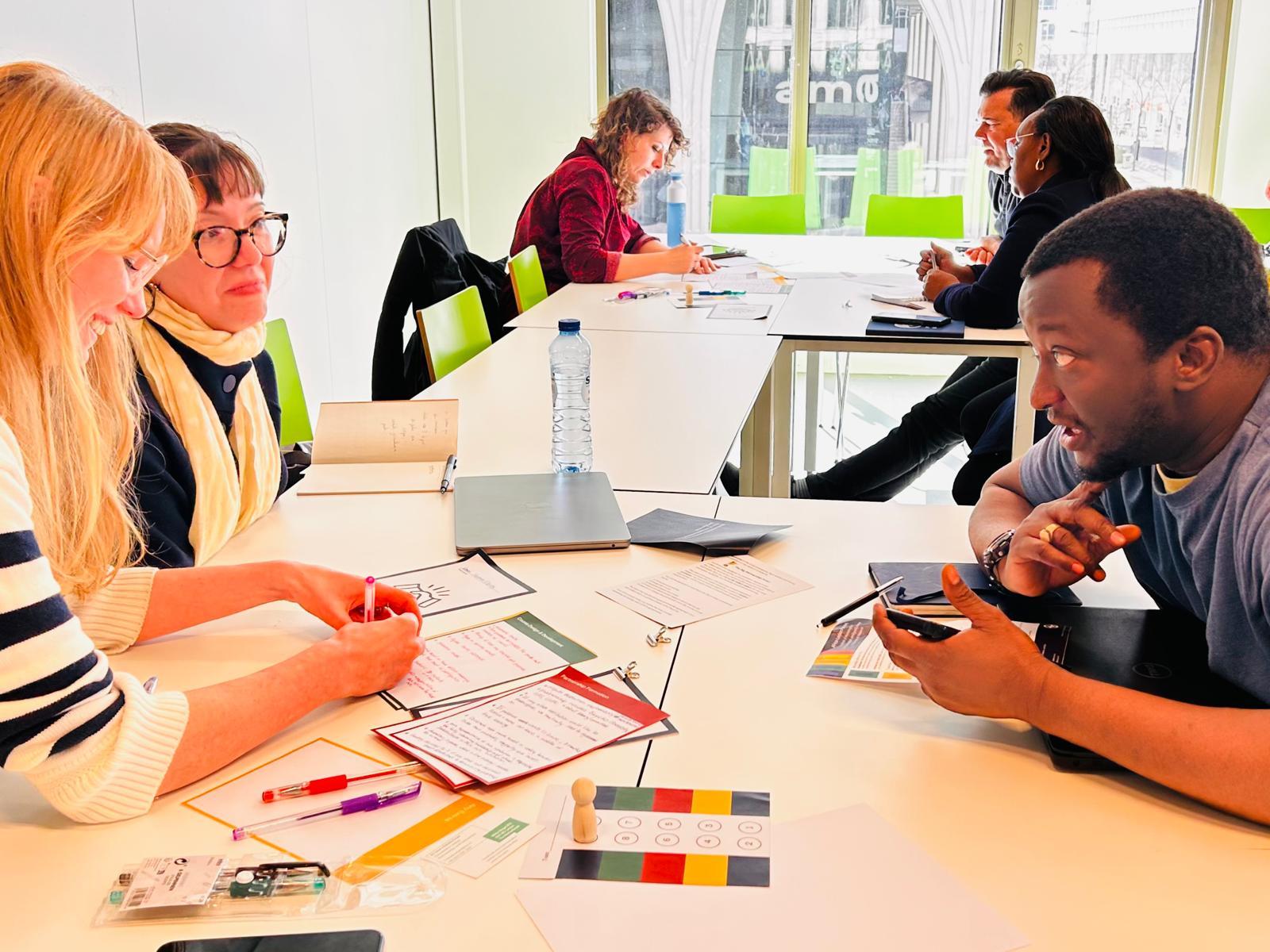
The people that contributed to this interview were:
Gaddafi Abubakar, Bayero University, historian
Laji Adoyo, Kenyatta University, urban planning
Caroline Archambault, Leiden University College, anthropologist
Abigail Ayiglo-Kuwornu, University of Ghana, linguist
David Ehrhardt, Leiden University College, political scientist
Henry Mang, Open University of Nigeria
Musyimi Mbathi, University of Nairobi, urban planning
Jedidah Nankaya, Maasai Mara University, ecologist
